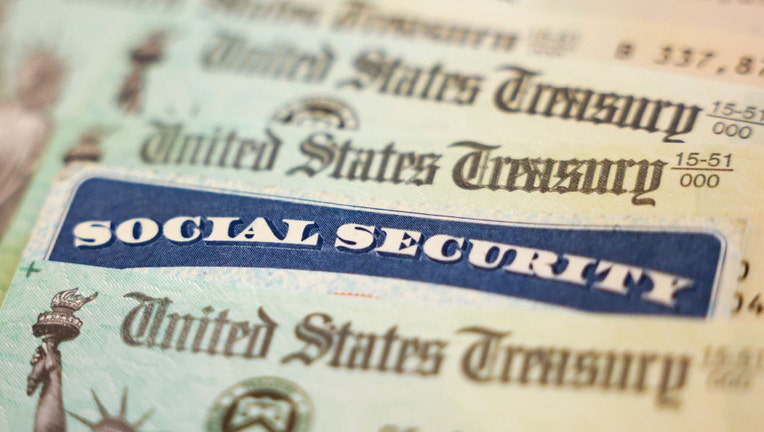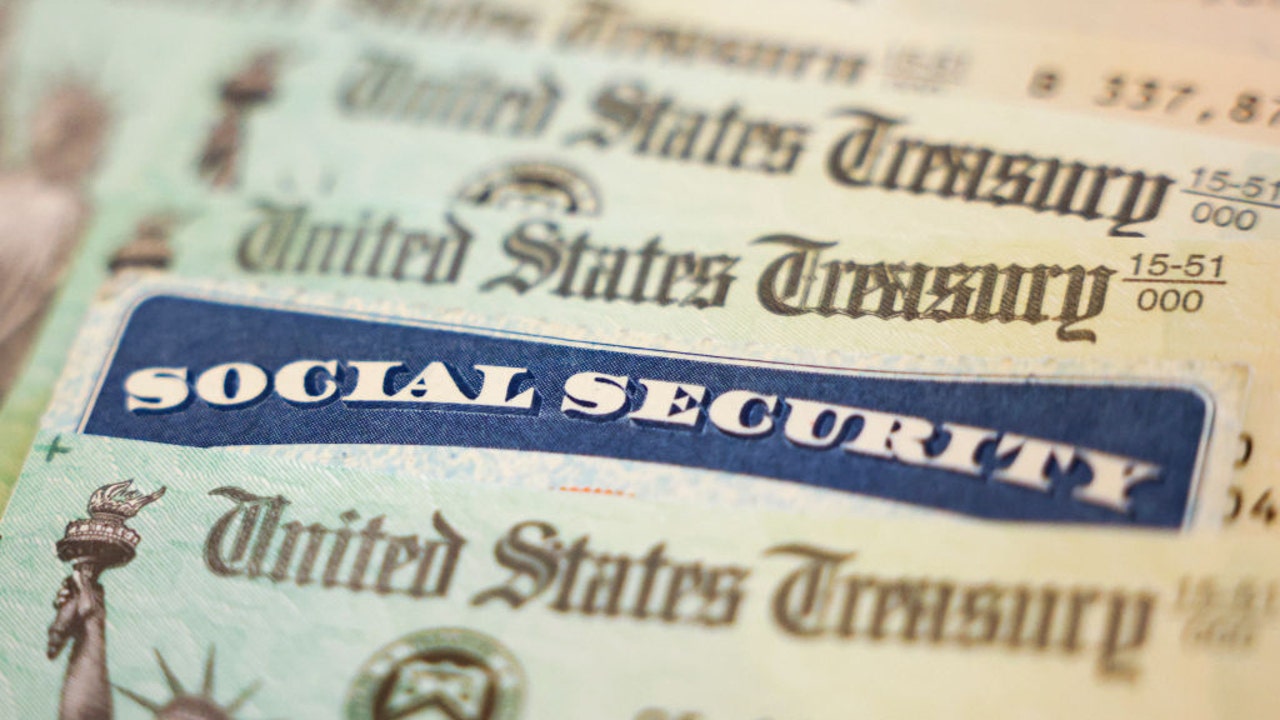 article
article
FILE-In this photo illustration, a Social Security card sits alongside checks from the U.S. Treasury in Washington, D.C. (Photo illustration by Kevin Dietsch/Getty Images)
Millions of Americans rely on Social Security to cover a portion of their expenses, and the future of the government program is causing unease for people nationwide.
In a recent AARP survey, approximately 3,599 Americans were polled in June about Social Security, with close to two-thirds of respondents sharing that they rely significantly on Social Security for their income or expect to do so when they retire.
More Americans concerned about Social Security
Why you should care:
The survey also found that Americans are more worried about Social Security now than they were in 2020, with just 36 percent saying they felt very or somewhat confident about its future, representing a seven-point decline from AARP’s 2020 survey on the issue.
Younger Americans cynical about future of Social Security
Dig deeper:
Only a quarter of Americans between the ages of 24 and 44 said they have confidence in the future of Social Security, compared to 59% of people 65 years old and older.
RELATED: Social Security recipients could see $18,000 cut in benefits by 2032, analysis warns
Some of the reasons people mentioned in the poll for their lack of confidence in the future of Social Security are distrust in the government and concerns about Social Security benefits being paid on time.
Confusion expressed about Congressional efforts to preserve Social Security
Local perspective:
According to the poll, people admit they were baffled about what will happen if Congress does not take action to shore up Social Security’s finances. When respondents were asked what would happen if the Social Security trust funds ran short, 36% said payments would stop, while 34% correctly stated that benefits would be paid but reduced. When told that benefits would indeed continue, nearly half of Americans estimated that payments would be cut by roughly 50%.
Social Security recipients may see cuts in benefits by 2032
By the numbers:
New analysis by the Committee for a Responsible Federal Budget (CRFB) shows that the Social Security and Medicare trust funds are on track to run out of reserves by late 2032. When that happens, federal law requires that payments be limited to incoming payroll taxes, triggering an automatic 24% benefit cut for retirees unless Congress acts.
If Congress doesn’t take any action, the CRFB projects three potential outcomes:
- A typical dual-earning couple retiring in 2033 would lose $18,100 per year in Social Security benefits.
- Single-earner couples would see an average annual cut of $13,600.
- Low-income dual-earner couples would lose about $11,000 annually, while high-income couples could see cuts as high as $24,000.
AARP noted in June that over 69 million Americans — including nearly 53 million retired workers and 7.1 million people with disabilities — received Social Security payments, with the average benefit for retirees in that month being $2,005.
The Source: Information for this story was provided by an AARP survey and previous LIVENOW from FOX reporting. This story was reported from Washington, D.C.
